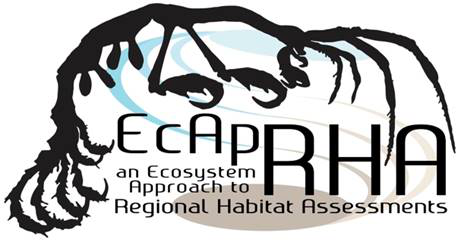Last week
was held in Brussels the final DEVOTES conference. DEVOTES is a collaborative
project that run from 2012 to 2016 with the overall goal of better
understanding the relationships between pressures from human activities and
climatic influences and their effects on marine ecosystems. Its leaders, Dr.Angel Borja and Dr. Maria C. Uyarra from the Marine Research Division of AZTI-Tecnalia
in Pasaia, Spain coordinated the project to link its work to the management of
European seas to reach and or maintain a “Good Environmental Status”.

The programme reflected efforts to merge the worlds of managers and researchers by
involving presentations from both stakeholders and scientists. Among the works
presented during the event, the NEAT (Nested Environmental status Assessment
Tool) software seems to break the boundaries between research and management of
marine waters as it allows an assessment of biodiversity status and of GES
across regional seas while also indicating the uncertainties related to the
assessment. This tool has far reaching possibilities as it is not restricted to
the EU Marine Strategy Framework Directive and can be used for other needs
(e.g. national assessments). More about it here.
The EU Marine Strategy Framework Directive (MSFD) has for main objective to achieve or maintain 'Good Environmental Status' (GES) in European Seas by 2020. The development of common criteria and methods during the first phase of implementation of the directive is essential to ensure consistency and comparability in the determination of GES and, hence, to guide policy makers in shaping future marine monitoring and assessment standards. To this end, a number of criteria and indicators have been notably identified to define GES on the species, population, habitat, and ecosystem levels. The biodiversity theme of MSFD
gathers 4 descriptors (D& Biodiversity, D2 Non-indigenous species,
D4 Food-webs, D6 Sea-floor integrity) with overlapping data requirements
in biodiversity assessments, although the meaning of GES varies for
each descriptor. However, MSFD implementation requires scientific and technical developments to conceptually frame biodiversity and to achieve meaningful monitoring and assessment of biodiversity.

The EcApRHA project is a 15 month project
co-financed by the EU DG Environment running from December 2015-February
2017. It is co-financed by the EU DG Environment and will be
implemented
through collaboration of nine partners under the coordination of the
OSPAR Secretariat (Convention for the Protection of the Marine Environment of the North-East Atlantic).
EcApRHA focuses on overcoming challenges that are identified in
the process to deliver regional biodiversity indicators for application
of the MSFD for pelagic habitats, benthic habitats and foodwebs. These are challenges in access to and use of data, developing options for improved coordination of monitoring, how
to construct regional indicators and undertake assessments of the
indicators, as well as how these might fit together across scales and
biodiversity components to work towards a more ecosystem approach.
The
project aims to deliver:
- improved habitat and food web
indicators to contribute to the Intermediate Assessment in 2017. This
OSPAR assessment will be acommon regional report for
relevant EU Member States to use in their national reporting on the
state of the marine environment in their waters under the MSFD;
-
an Action Plan, recommending the steps to be taken by Contracting
Parties to address the identified gaps and shortcomings to enable to
achieve an ecosystem approach for (sub)regionally coherent habitat
assessment.

